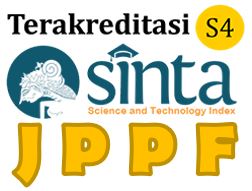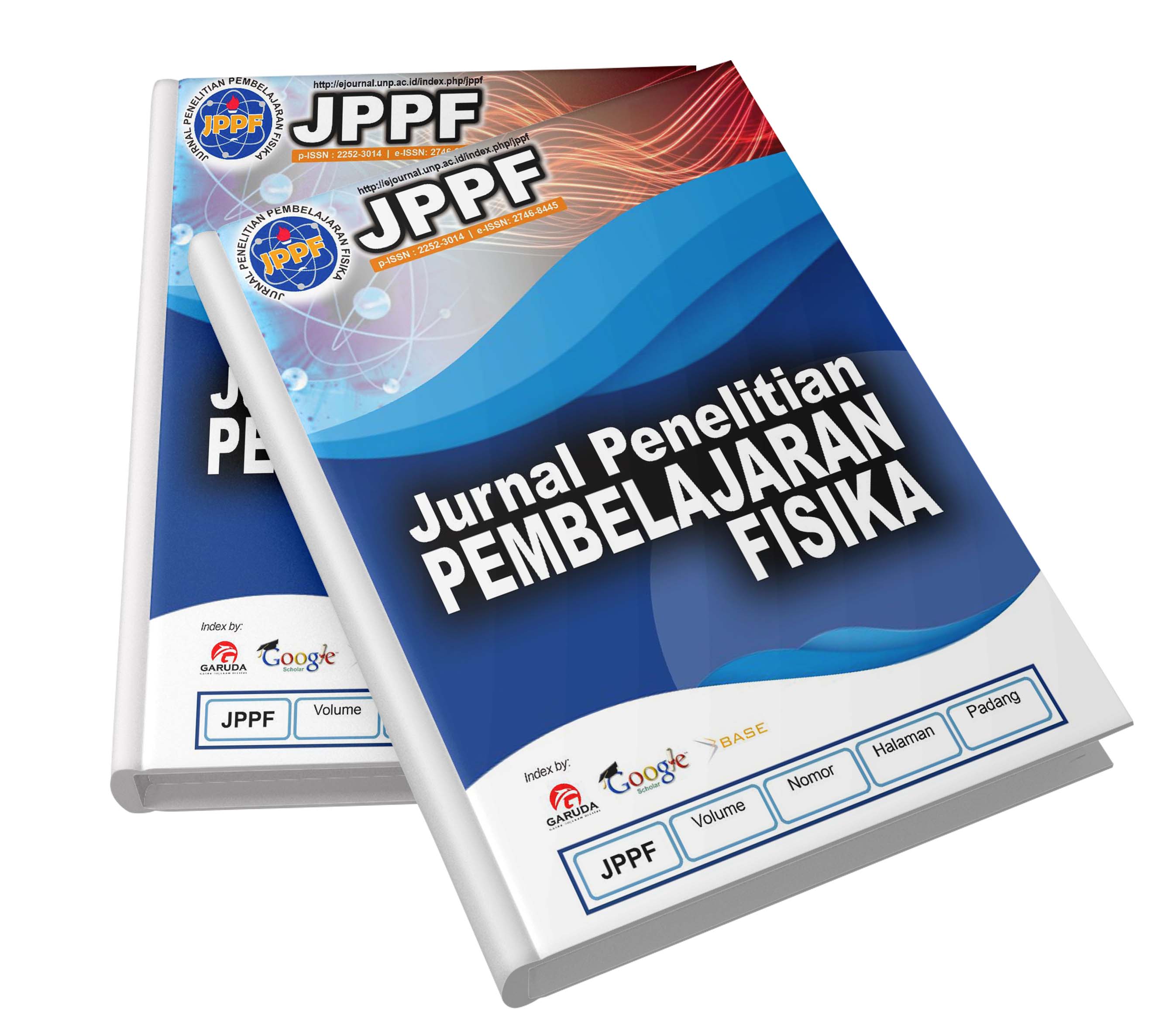- Home
- Vol 6, No 2 (2020)
- Yusliani
Meta-Analisis Pengembangan Modul Pembelajaran Terintegrasi Literasi Lingkungan
Erlina Yusliani
(1 )
), Yuri Yanti
(2),
(1) Universitas Negeri Padang

Indonesia
(2) Universitas Negeri Padang

Indonesia

Corresponding Author
DOI :
https://doi.org/10.24036/jppf.v6i2.108591
Full Text:

Language : id
Abstract
This study aims to determine the meta-analysis of the development of integrated learning modules in environmental literacy in terms of validity, practicality and effectiveness. This research method is a meta-analysis method. The population in this study are all written documents regarding educational research that discuss modules with integrated environmental literacy. The sample used was 10 journals consisting of national and international journals. Data collection techniques in this study using documentation techniques. The instrument for data collection is an observation sheet with data coding . The average value of validity of the ten journals is 0.80 with a valid category, while the average practicality is 0.61 with a high practicality category. Effectiveness test to determine the effect size of each journal in terms of levels of education, subjects and influence after use. Based on the level of education the highest effect size at the level of junior high school with a value of 1.28, for subjects that are science with a score of 0.71, while for the aspect of influence after use there is an attitude of environmental care with a value of 1.62. Thus the integrated learning module environment literacy is valid, practical and effective to be used for junior high school level, natural science subjects and can improve students' environmental care attitudes.
 Article Metrics
Article Metrics

Abstract Views : 1132 times

PDF (Bahasa Indonesia) Downloaded : 409 times
Refbacks
- There are currently no refbacks.
 ), Yuri Yanti(2),
), Yuri Yanti(2),  Corresponding Author
Corresponding Author
 Language : id
Language : id
 Article Metrics
Article Metrics Abstract Views : 1132 times
Abstract Views : 1132 times
 PDF (Bahasa Indonesia) Downloaded : 409 times
PDF (Bahasa Indonesia) Downloaded : 409 times




